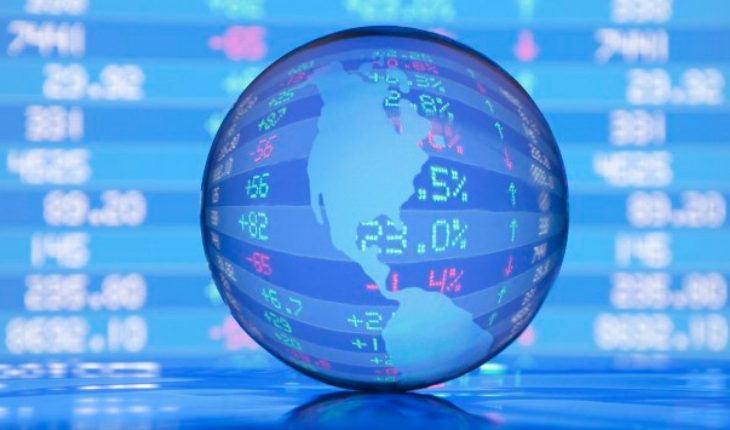The international economy is all about the collaborated economic activities that take place between the different nations involved. The financial activities comprise the transaction of products between the participating countries from oil to weapons. According to recent studies, it is revealed that natural resources, population, capital, technology, infrastructure, and law are the major factors that affect the international economy. How do these international transactions affect the global economy as a whole? Does a change in the global economy affect the international sales and movement of immigrants? Keep on reading to understand the various nuances and effects of an international economy over the economic system of collaborating nations.
What makes up the international economy?
As mentioned above, an international economy comprises economic activities that take place across international borders. Besides international trade, several other factors comprise an international economy. They are
- Global investment
- International finance
- Trade, and;
- Globalization
- Global investments
International boundaries cannot constrain the investment strategy in a Global investment. The participating nations can invest in mutual funds or traded funds that originate in other countries. These international investments take place through foreign direct investments (FDI).
Read More About : Top 10 Economies In The World
Globalization
Globalization is the much-discussed term in the modern era. This term describes the processes by which communication, trade, transport and immigration integrates the various regional and national economies. Globalization is an essential factor that contributes to the global economy. It has also led to a drastic improvement in the domestic economies of the nations.
International trade
A significant impact of globalization, international business refers to the import and export of products and services between different countries. The trade encourages every collaborating country to specialize in a product that gives them a competitive edge. It is based on the theory of producing goods at a price cheaper than their trade partners provide.
International finance
International finance is the primary aspect of the international economy. Exchange rates and monetary policies are the terms associated with international finance and money can be transferred quicker compared to the products between the countries.

International economy: how does it work, and who controls it?
The core of an international economy is the trading between world economies. The trading comprises the import and export of a variety of products and services among the nations. Products range anything from food products to weapons. This is an essential way of promoting the productivity of the participating countries and encourages healthy competition between them in the world market. The international transaction is the foundation for building a steady economic growth worldwide. Apart from that, a global market helps in developing the economy of the underdeveloped nation by allowing them capital goods import and exporting their raw materials.
The international economy is controlled and functioned by the major corporations and financial institutions, which, in turn, fund the governments. According to a report of world economic news, the major businesses like power production, major financial corporations in the USA dominate operation of public transport systems and oil refining. So it is a wrong assumption that the Governments of significant economies control the international economy.
Benefits of an international economy
Following are the significant benefits of an international economy
Movement of labour
Immigration of labour benefits both the recipient country as well as the workers. Under-developed countries get an opportunity to send highly skilled workers to other countries that can provide employment.
Global investments
The international economy concept attracts many long-term and short-term investments in other countries. This can significantly improve the economy of developing nations.
Free trade
The global economy is all about exchanging products and goods between different countries. The concept allows the nations to specialize in the production of products that they have a comparative advantage.
Effects of the global economy
The impact of the international economy is felt equally among all the nations. A restriction on the import and export of goods or service can hamper the financial stability of the countries that impose them. The trade tariffs that are taxed on import and trade quotas can immensely affect the economies of the trading countries. The recent Brexit referendum is a suitable example of how the effect on the international economy affects other nations.






